Our quick guide to eco-friendly terms
There are dozens of terms floating around on the supermarket shelf and it can get rather confusing! Is compostable or biodegradable better for the planet? And what even really is sustainable living? Don’t worry – our eco-friendly guide will tell you all you need to know.
Eco-friendly
You’ve probably seen this one a lot, but it’s a pretty broad term. Essentially, it means that a product has little or zero impact on the environment. For example, products that are plastic-free, reusable or made from renewable materials are all eco-friendly.
Degradable
It simply means ‘to break down’ so everything in the world is degradable, even plastic. But there’s no timescale as to how long a product will take to decompose and there is no guarantee that a product will ever completely degrade.
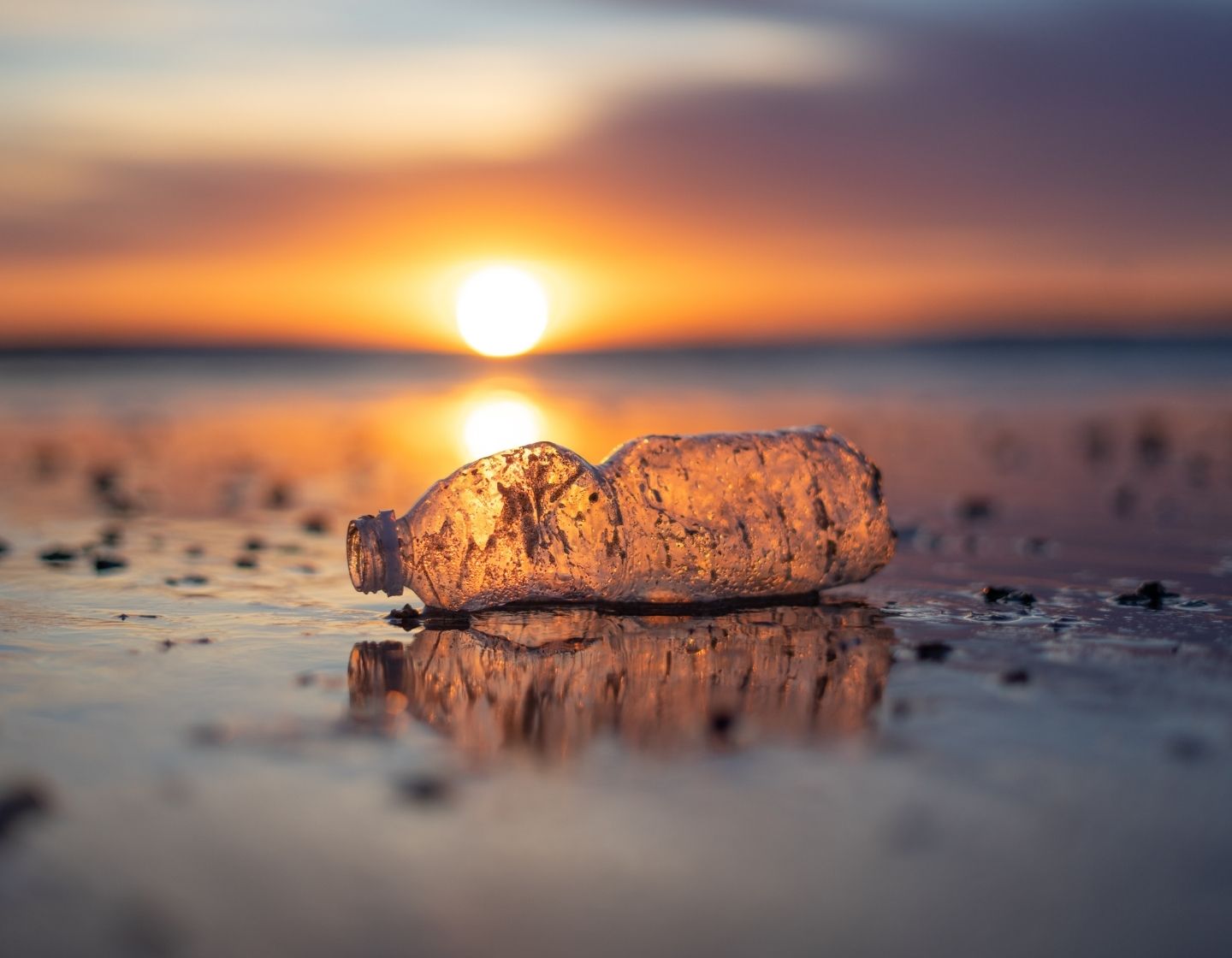
Biodegradable
This means that a product can break down naturally through bacteria and other microorganisms. It’s a far quicker process, however products can only biodegrade under certain conditions – depending on levels of light, moisture, temperature and oxygen.
Note: if your biodegradable product is sent to landfill, it won’t decompose as it won’t have access to the right conditions. It’s best to find a biodegradable product that can be recycled or composted.
For example, our Non Plastic Beach Bamboo Toothbrush is made from biodegradable bamboo which can be composted with green garden waste or reused as a plant marker.
Compostable
Similarly, compostable products break down into natural elements without harming the environment. Compostable products are better than biodegradable products as they break down far quicker and enrich soil.
However, only some products can be thrown in your home compost bin with other garden and kitchen waste. Other products require special industrial facilities. Our ecoLiving Compostable Sponge Cleaning Cloths can be used again and again, and home composted at the end of their life.
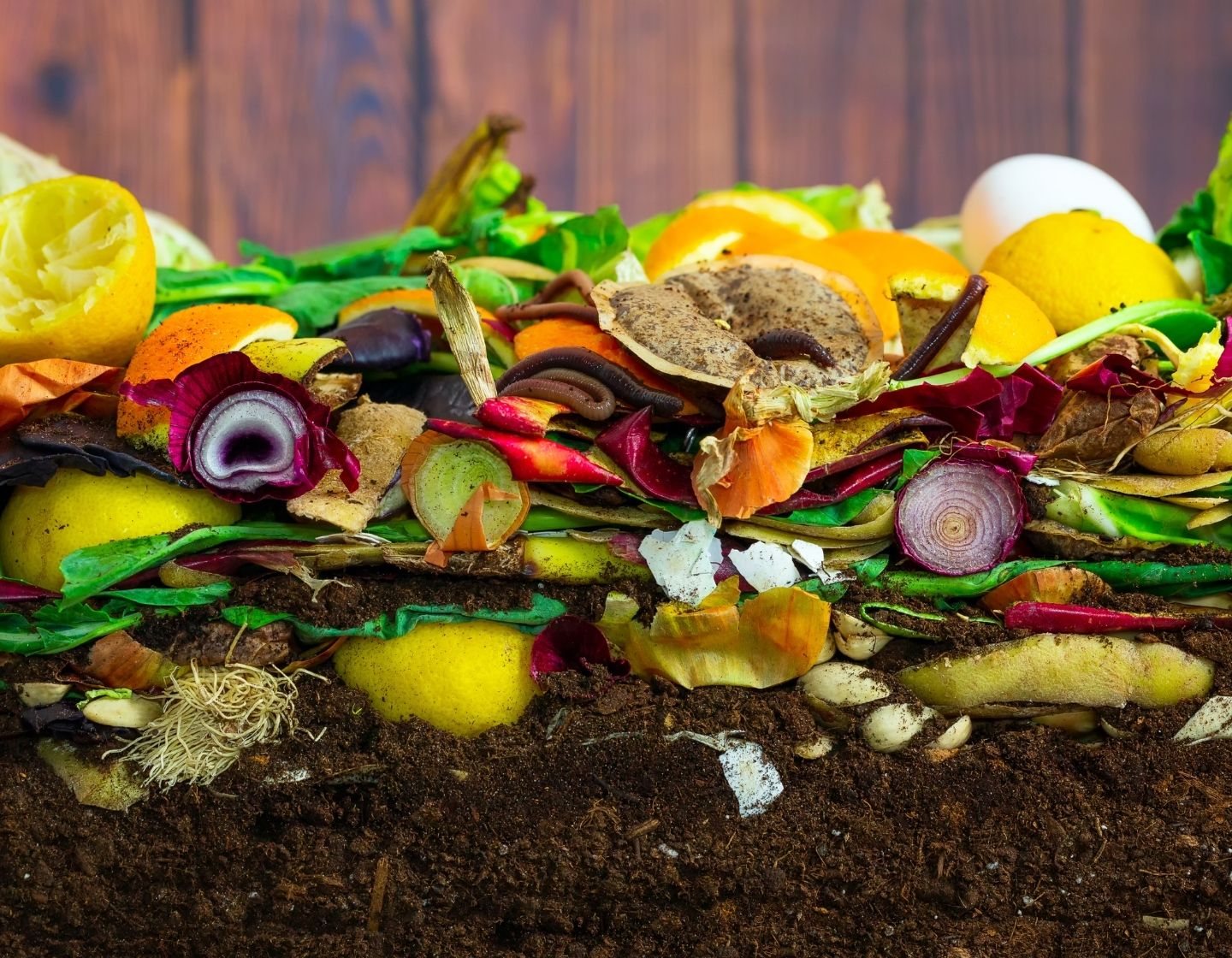
BPA-free
BPA stands for Bisphenol A which is a chemical commonly added to plastic and tin cans to strengthen it.
There are health concerns linked to BPA: some experts believe that the chemical leaks through plastic water bottles and storage boxes and disrupts your hormones. It has also been linked to diabetes, obesity and heart disease.
Note: some companies claim to be “BPA-free”, opting to use BPS instead, but this chemical has the same structure as BPA, and the same health risks.
Not sure if a product contains BPA? Check the recycling code. If a product has a number three or seven recycling code then it contains BPA.
Stasher bags are the perfect alternative to plastic storage boxes. The endlessly reusable platinum silicone storage bags are both BPA and BPS free. And they’re kinder to the planet!
FSC certified
FSC stands for Forest Stewardship Council, a non-profit organisation for responsible forestry.
An FSC certified product means that it adheres to strict environmental and social standards including: the harvested trees are replaced, part of the forest remains completely untouched, it protects the right of indigenous people and the owner must employ local workers and provide training, safety equipment and a fair salary. Read more standards here.
Lots of our products and packaging are FSC certified!
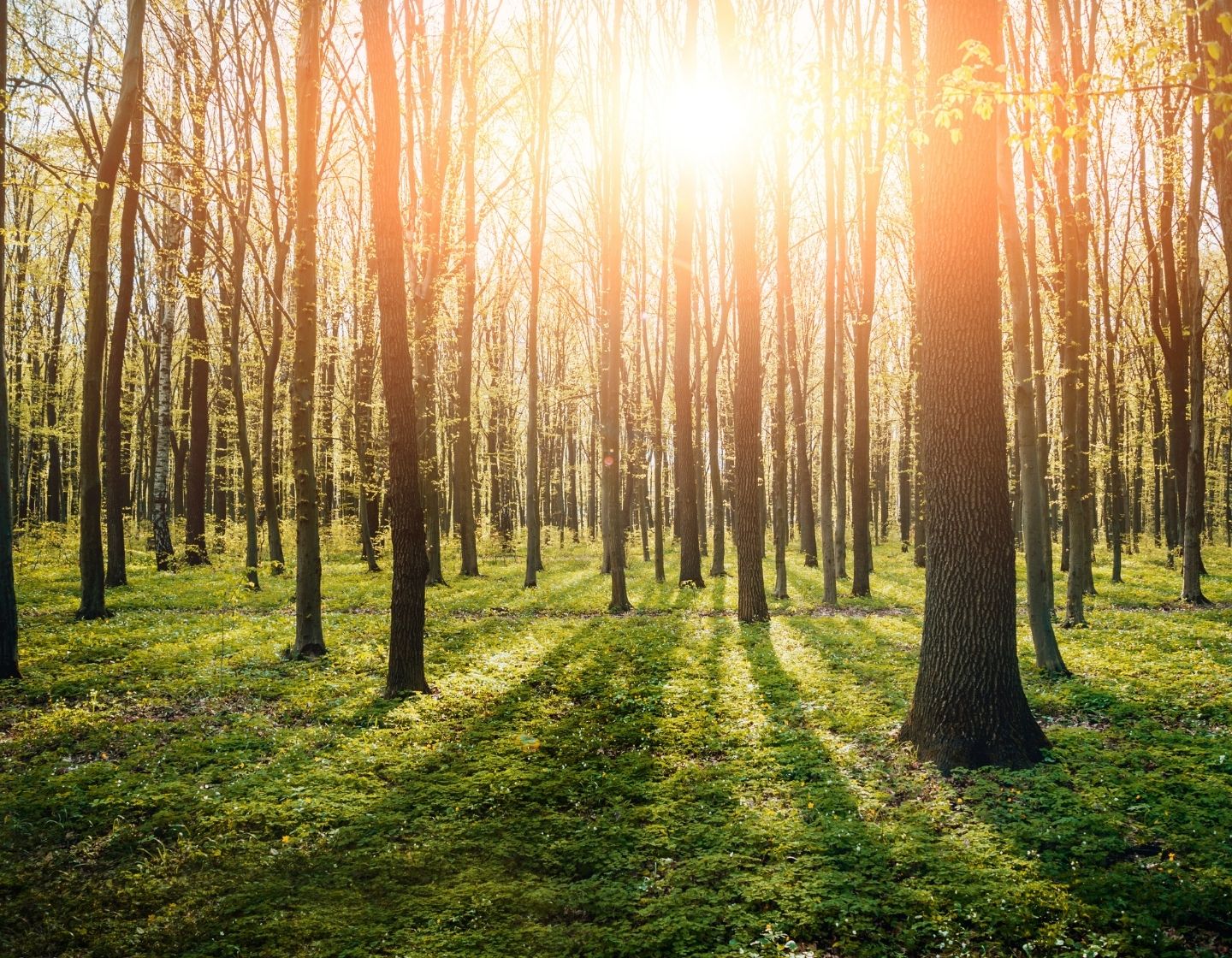
Recyclable
A common term, right? But it may be more technical than you think. A single product may be made from multiple materials, some of which may not be recyclable. It’s important to distinguish different materials and put them in the appropriate bin.
Note: if you pop a non-recyclable product in the recycling bin then you risk the whole lot being sent to landfill.
Upcycling
A word that has become popular recently. This means reusing or revamping old products. For example, doing up old furniture or buying clothes from a charity shop.
Sustainable
Similar to eco-friendly, it’s a concept that promotes being kind to the planet and minimising human impact.
You may hear the terms “sustainable living” or “sustainable lifestyle”, which essentially means living within your means, with less plastic and less waste, in favour of conserving resources and choosing renewables.
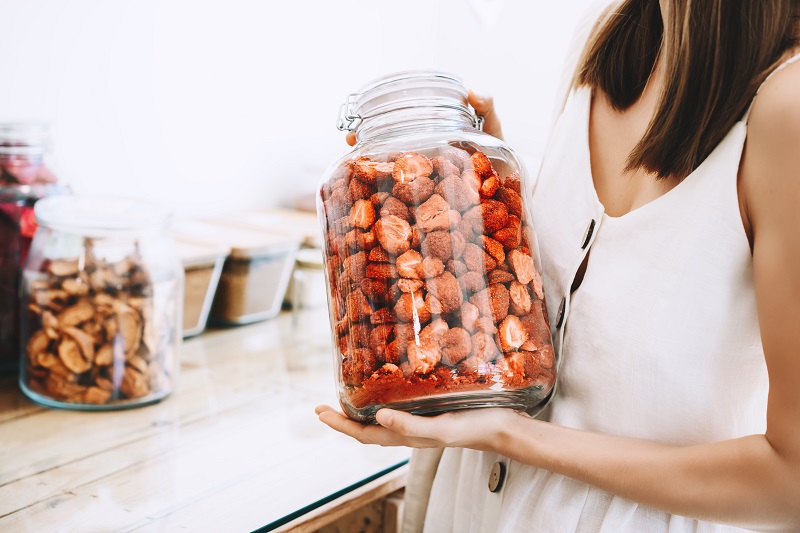
Net zero
This means striking the balance between the amount of greenhouse gases produced and the amount removed from the atmosphere. We reach net zero when the amount we add is no more than the amount removed.
The UK is hoping to achieve net zero emissions by 2050.
Zero waste
A zero waste attitude or lifestyle aims to send nothing to landfill. Instead, it encourages reusing products or using products that can be recycled or composted so they don’t end up in landfill or in the ocean. This way, all the products you use are returned to the Earth in some way.
Our Bambaw range encourages sustainable swaps for everyday use such as the Bamboo Cutlery Set and Reusable Bamboo Makeup Remover Pads. Bamboo is fast growing and absorbs five times more carbon dioxide than other trees, so it’s more sustainable.
Fast fashion
Another term that has recently become popular. It refers to the mass production of clothes at a low cost, which are often discarded quickly when a new trend comes along.
Vegan
A product is vegan if it contains no animal ingredients or animal by-products.
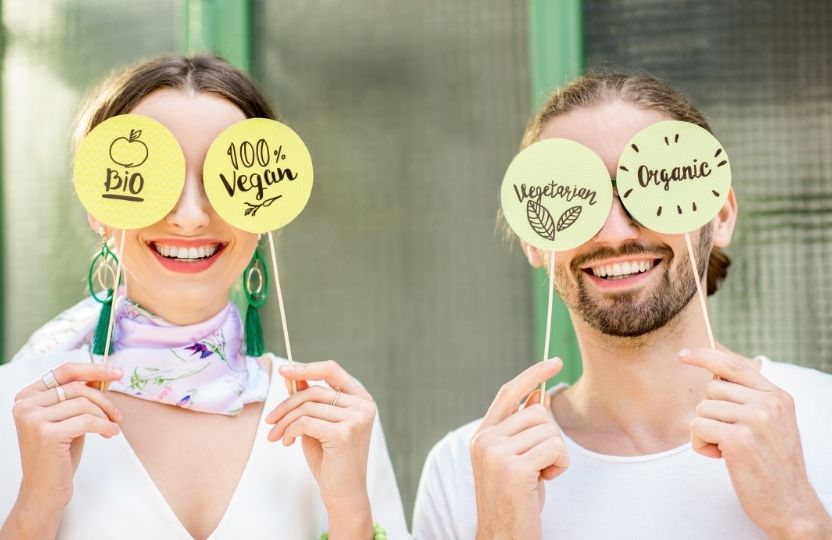
Cruelty free
A product that has not been tested on animals in production.
However, a vegan product may still be tested on animals and a cruelty free product may still have animal product in it.
Our OceanSaver range is vegan and cruelty free so you can clean your home without worrying about the impact it has on the planet, because there is none!
Organic
An organic product is where the material has grown without the use of chemicals, fertiliser or pesticides that are harmful to the environment.
Fair Trade
To be Fair Trade certified, a company must pay a fair wage and ensure decent working conditions to workers in developing countries.
Join our Home Club today for unbeatable pricing, guaranteed on everything we’ve mentioned in this article – and much, much more!